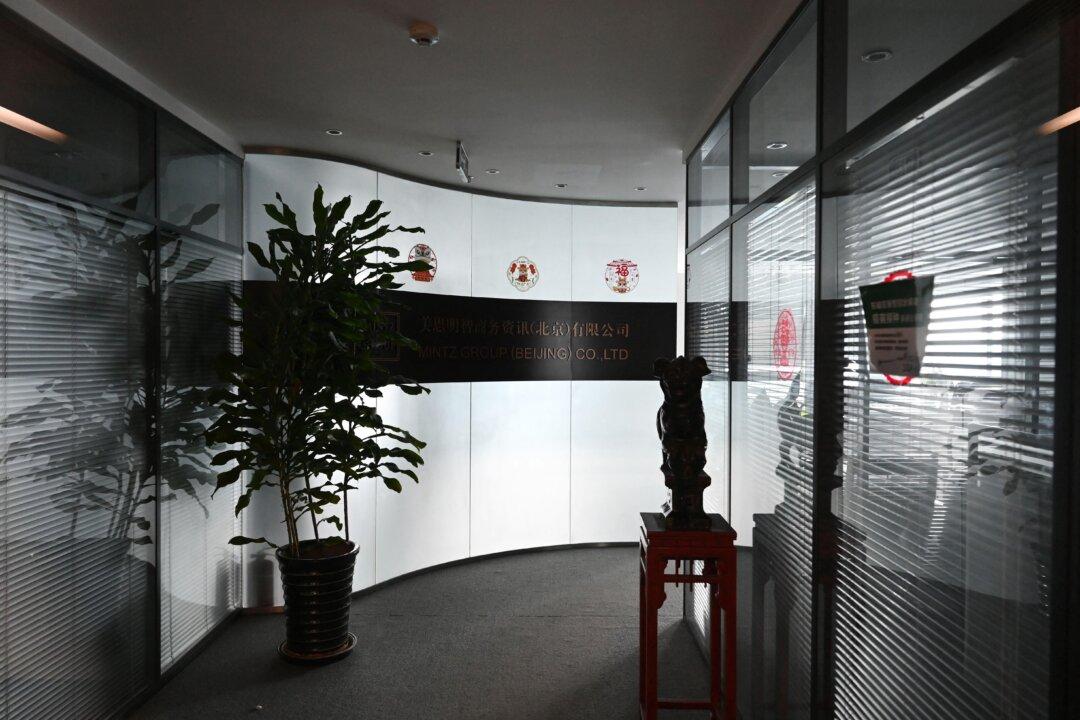Two years ago, the World Bank scrapped the publication of its annual Doing Business report after World Bank executives were caught pressuring top bank officials to manipulate the data in favor of China. In May, the international financial institution announced that it had created a new ranking system, to be launched next year, that improves upon the scandal-ridden Doing Business report.
Over the past two months, local government officials in China have been zealously studying how their jurisdictions can achieve a good score on the new Business Ready—or B-READY—index. It comes at a time when the Chinese Communist Party (CCP) is greatly concerned about a drop in its rankings, experts say. As the country’s business environment deteriorates, any harm to the country’s reputation will potentially lead to an accelerated exodus of foreign firms.




